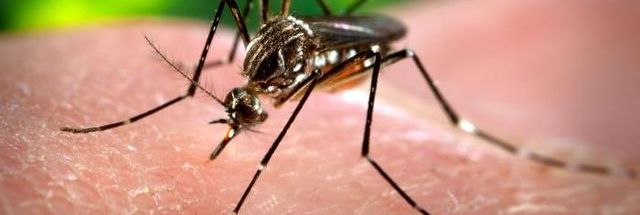One vaccine to wipe out ALL mosquito-borne diseases? It's in clinical trials

Instead, SEEK created a vaccine composed of four synthetic mosquito saliva proteins. When it detects it, an immune response ensues that's different from the one normally incited by a bite. Instead, researchers will draw the participants' blood and see if it displays a modified immune response to the mosquitos' saliva. We also know that saliva proteins tend to trigger an allergy-like response—that pink, itchy welt after a bite. Finding the right cocktail of saliva proteins might seem like a sticking point, since we don't know what most of them do.
New malaria vaccine is fully effective in very small clinical trial
Healthy adult volunteers were given three doses of this vaccine at 28-day intervals before being challenged with exposure to the malaria parasite. That involved another small trial, and the vaccine wasn't quite as effective as this, protecting only about two-thirds of those who received it. A recent study published in Nature shows that a new vaccine for malaria is well tolerated by humans and can provide significant immunity to malaria. The authors of this study are also planning future work that will determine how long vaccine recipients remain immune to malaria. To make this new vaccine, the parasites were first rendered harmless via radiation and then rapidly frozen for preservation.collected by :Lucy William

No comments:
Post a Comment